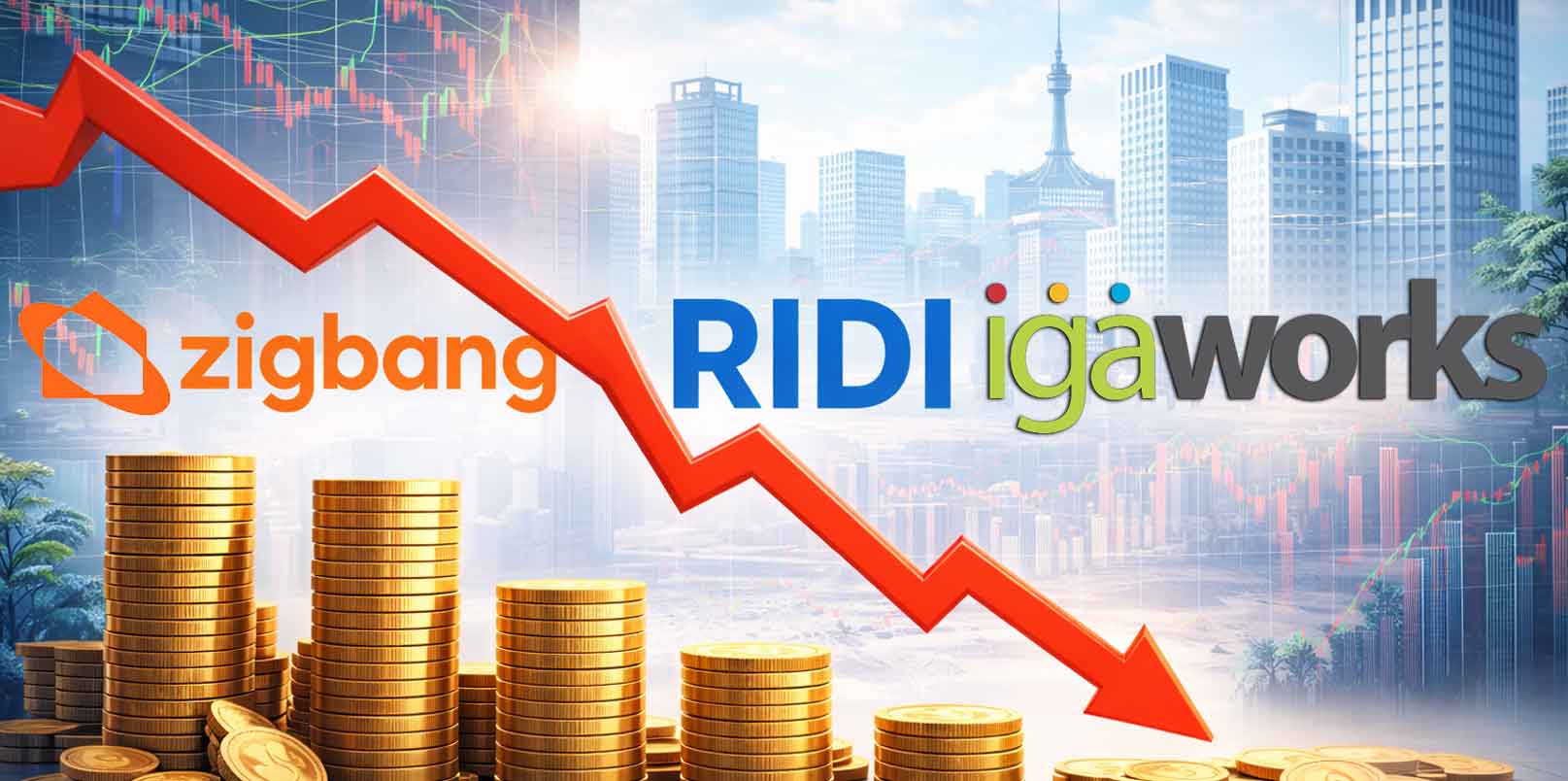Venture capital in 2025 is being redefined by artificial intelligence. With over half of all global funding now flowing into AI startups, traditional sectors are entering what analysts call an “innovation winter.” The AI investment surge in 2025 reflects both investor conviction in generative technologies and a growing imbalance that could reshape the startup ecosystem for years to come.
AI Startups Capture $192.7B in 2025, Dominating Global VC Flows
Artificial intelligence startups have seized an unprecedented share of global venture capital this year.
According to data from PitchBook as cited in Platum, VC investment in AI companies reached USD 192.7 billion (KRW 275 trillion) by the end of Q3 2025 — the first time in history that more than half of all venture funding has gone to a single sector.
The United States led the surge, with AI firms drawing over 60% of the nation’s USD 250 billion in total venture investment. Globally, nearly one in three VC deals this year involved an AI-related company, with mega-rounds further inflating the concentration of capital in top-tier firms.
Funding Polarization: Big AI Thrives, Others Freeze
Investment remains heavily skewed toward a handful of large-scale players such as Anthropic and xAI, each raising multi-billion-dollar rounds this quarter alone.
By contrast, startups outside the AI sector — even those in established fields like HealthTech, mobility, and fintech — are facing severe funding constraints.
Kyle Sanford, Research Director at PitchBook, noted that “the market has polarized completely. You’re either an AI company, or you’re not — there’s little middle ground left.”
Recent data shows that 62.7% of U.S. VC funds and 53.2% of global investors now allocate primarily to AI ventures. Overall, total VC activity reached $366.8 billion, but the majority remains concentrated in North America, widening the global capital gap.
Analysts Warn of Overvaluation and Systemic Risk Following AI Investment Surge
While AI continues to attract record capital inflows, several global investors are warning of a potential “hype bubble.”
Bryan Yeo, Chief Investment Officer at Singapore’s sovereign wealth fund GIC, cautioned during the Milken Institute Asia Summit that “a valuation bubble is forming in early-stage AI ventures.”
Yeo highlighted the risk that “if these companies fail to meet sky-high expectations, the record levels of investment may not be justifiable.” He also warned that pandemic-era government debts and fiscal pressures could amplify market volatility if liquidity tightens.
Meanwhile, Sanford of PitchBook added that “venture LPs and fund managers are becoming more selective and risk-averse, channeling almost all new capital into AI,” a trend expected to persist into early 2026.
Balancing the AI Boom: How Korea Is Diversifying Its Innovation Economy
The global VC environment is now showing duality: an AI-driven boom versus a non-AI freeze.
While AI startups dominate investor attention, this dynamic is creating structural risks for the broader innovation economy. Non-AI startups — from sustainability to advanced manufacturing — face prolonged capital droughts, threatening diversity in innovation and long-term competitiveness.
This trend carries special implications for South Korea. As the Ministry of SMEs and Startups (MSS) expands support for deep-tech and AI-led ventures, policymakers must also ensure that emerging sectors outside the AI spotlight do not fall behind.
For example, the government’s recent initiative to promote Korea’s biotech innovators at BIO Japan and Nordic Life Science Days reflects an effort to rebalance growth across industries.
While AI continues to dominate global venture capital and media attention, the Korean government has begun acknowledging this imbalance and is actively working to diversify its innovation portfolio. Despite the overwhelming global focus on AI, South Korea is taking steps to keep other strategic industries — including biotech, healthcare, and green tech — competitive on the global stage.
2025 AI Investment Surge: The New Venture Reality?
Still, at the end of the day, the 2025 AI investment surge underscores a critical shift in how innovation is financed. Global venture capital has entered an age of specialization, where AI monopolizes attention — but also magnifies systemic exposure.
Unless markets find equilibrium between technological enthusiasm and financial prudence, the next innovation winter may not just be metaphorical — it could reshape the foundations of global entrepreneurship.
– Stay Ahead in Korea’s Startup Scene –
Get real-time insights, funding updates, and policy shifts shaping Korea’s innovation ecosystem.
➡️ Follow KoreaTechDesk on LinkedIn, X (Twitter), Threads, Bluesky, Telegram, Facebook, and WhatsApp Channel.






